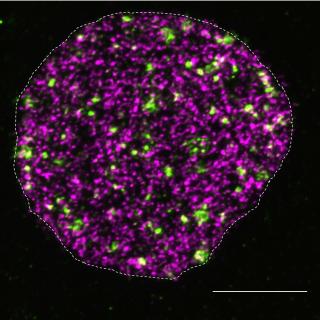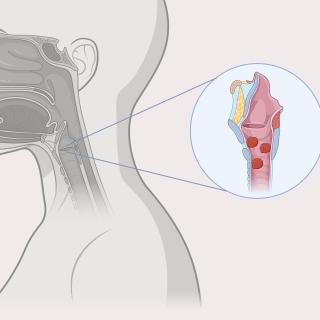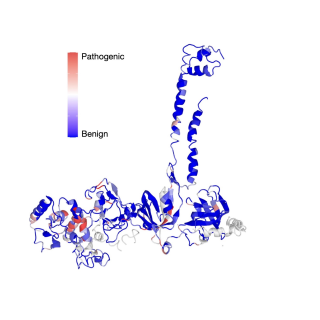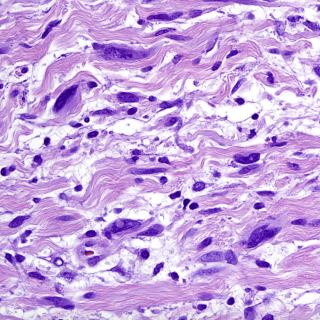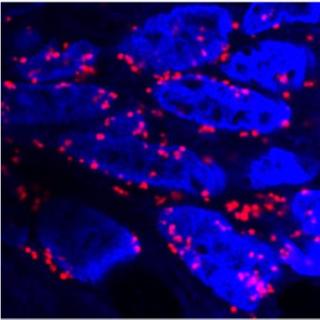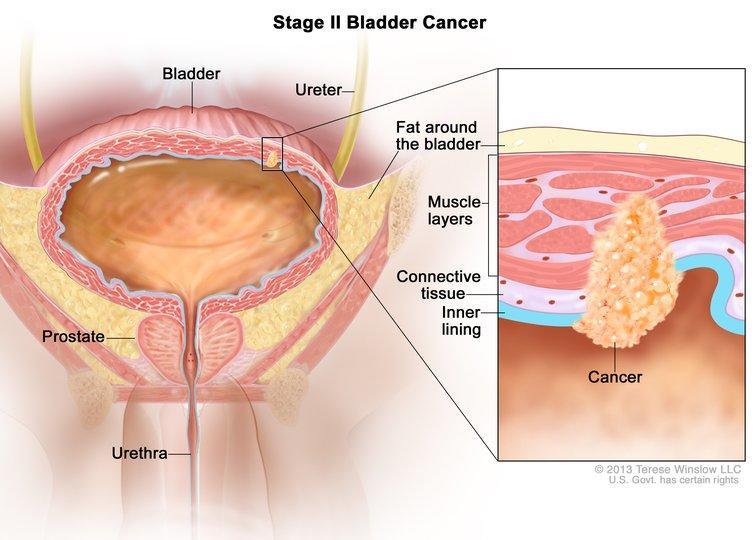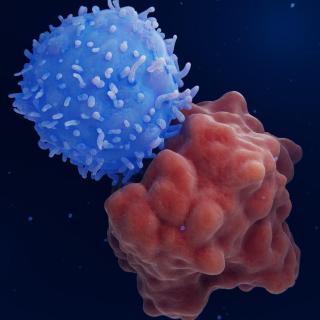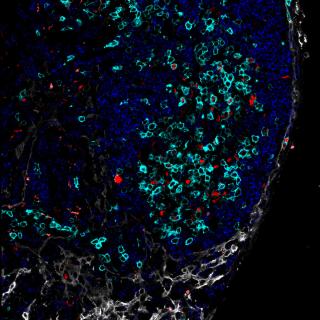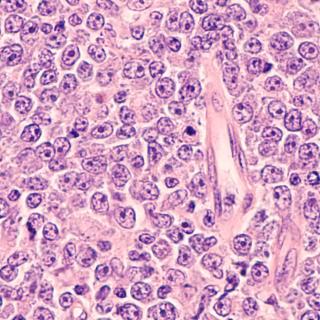Our Discoveries
Research uncovers a novel mechanism for cells to recover from DNA damage
A newly discovered cellular mechanism sheds light on how cancer cells proliferate despite damage from anti-cancer treatments, providing a target for new therapies.
Read MoreInnovative gene therapy shows promise in treating patients with recurrent respiratory papillomatosis
A clinical trial led by CCR researchers demonstrated the effectiveness of the novel treatment, PRGN-2012, against recurrent respiratory papillomatosis in adults. The results serve as the foundation for an application for accelerated approval to the U.S. Food and Drug Administration (FDA).
Read MoreResearchers categorize thousands of BRCA2 mutations as cancerous or benign
Researchers used CRISPR gene editing technology to determine whether over 6,000 variants of BRCA2 were likely to cause cancer.
Read MoreDrug shrinks nerve tumors in adults with neurofibromatosis type 1 in a clinical trial
Until recently, no effective treatments existed for non-cancerous inoperable nerve tumors, called plexiform neurofibroma, in adults. A clinical trial of the drug selumetinib shows it can cause tumor shrinkage and relieve symptoms, such as pain.
Read MoreMutant RAS can shift other proteins’ positions inside cancer cells
Mutant RAS proteins help shuttle other proteins out of the cell nucleus and into the cytoplasm, where some can promote cancerous growth.
Read MoreImmunotherapy after surgery helps people with high-risk bladder cancer live cancer-free longer
Results from a large CCR clinical trial show that treatment with an immunotherapy drug may nearly double the length of time people with high-risk, muscle-invasive bladder cancer are cancer-free following surgical removal of the bladder. Researchers led by Andrea B. Apolo, M.D., Senior Investigator in the Genitourinary Malignancies Branch, found that postsurgical treatment with pembrolizumab (Keytruda), which is approved by the Food and Drug Administration (FDA) for treating at least 18 different cancers, was superior compared with observation.
Read MoreNIH study links neighborhood environment to prostate cancer risk in men with West African genetic ancestry
CCR researchers led by Stefan Ambs, Ph.D., M.P.H., Senior Investigator in the Laboratory of Human Carcinogenesis, found that West African genetic ancestry was associated with increased prostate cancer among men living in disadvantaged neighborhoods but not among men living in more affluent neighborhoods. The findings suggest that neighborhood environment may play a role in determining how genetic ancestry influences prostate cancer risk.
Read MoreUnderstanding the Risk of Second Cancers After CAR T-Cell Therapy
Two recent reports in the New England Journal of Medicine are seeking to determine if there may be a causal link between CAR T-cell treatment and second cancers. In this Q&A, Stephanie L. Goff, M.D., Senior Research Physician in the Surgery Branch, discusses the findings and what this issue may mean in general for patients and this area of research.
Read MoreDietary glutamine may be linked to B-cell lymphomas in abdominal lymph nodes
Study provides evidence for different anatomic locations being linked to different biology in lymphoma.
Read MoreTechnique targeting cell marker boosts treatment options for B-cell lymphomas
Researchers uncovered the mechanisms behind a drug treatment for diffuse large B-cell lymphoma (DLBCL). The findings help clarify why certain patients respond well to the treatment, while others do not.
Read More